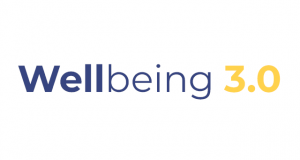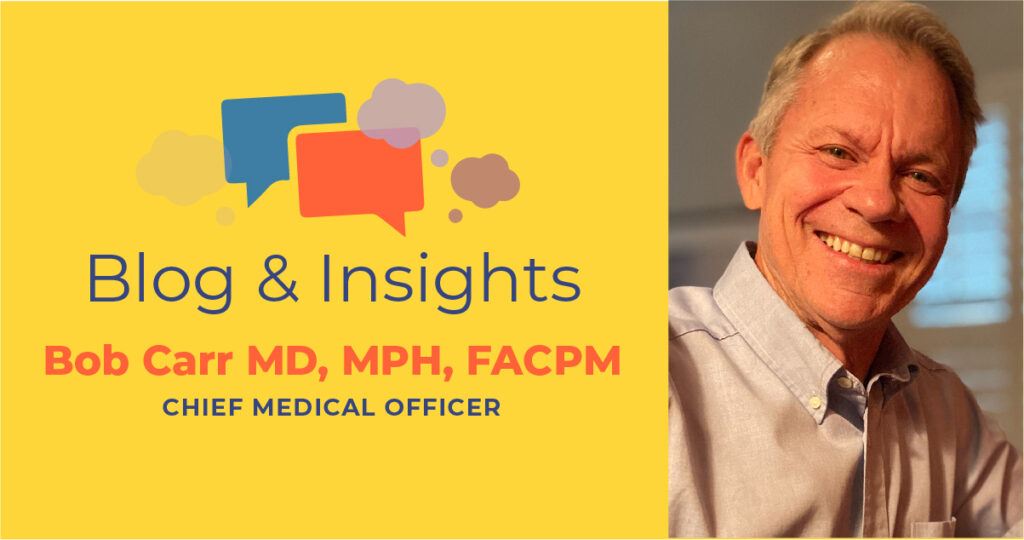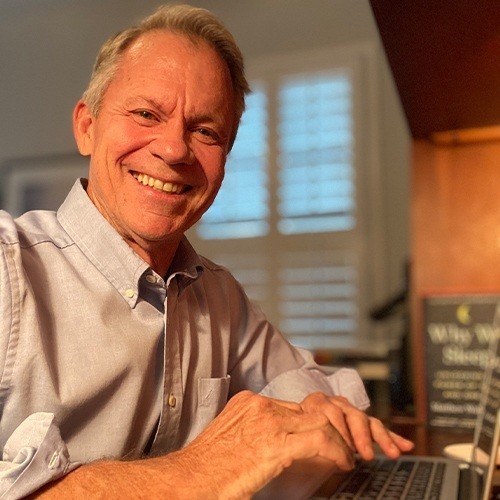

The Benefits of Gratitude and Compassion
Thanksgiving is a time to reflect and express gratitude for our blessings and to share our love and kindness with others. However, it can also be a challenging time when we are aware of the wars and conflicts that are happening around the world — and the death and suffering that they cause. How can we perhaps shift our perspective and approach this season with a compassionate and hopeful heart? How can we use gratitude and compassion to lead a more purposeful life?
Gratitude: A Shift in Perspective
Gratitude can shift our perspective from what is wrong in life and lacking to what is right and abundant in our life. It makes us appreciate the things that matter to us and the people who support us. It also motivates us to express our appreciation and to give back to others. For example, we can write a thank-you note, make a phone call, or do a favor for someone who has helped us or made us happy. We can also donate to a cause, volunteer for a charity, or share our skills and talents with others who can benefit from them.
Compassion: A Connection to Humanity
Compassion is caring about others who are suffering and wanting to help them. It takes the focus away from ourselves and connects us to a larger humanity. It also inspires us to act with kindness, generosity, and empathy towards others. For example, we can offer a listening ear, a comforting hug, or a helping hand to someone who is going through a hard time. Compassion and empathy can help us understand the perspectives and emotions of those who are different from us or disagree with us. This can lead to a more respectful and constructive dialogue. We can also support a cause, join a movement, or advocate for a change that can improve the lives of others who are facing injustice, oppression, or discrimination.
The Benefits of Gratitude and Compassion
Research shows that being grateful and compassionate improves our physical and mental health. As a result, regular practice can activate the brain regions associated with positive emotions, social bonding, and reward as well as strengthening our relationships by increasing our trust, empathy, and generosity towards others. It also reduces stress, anxiety, and depression by enhancing our coping skills, increasing our optimism, and fostering a sense of belonging.
“If you want others to be happy, practice compassion. If you want to be happy, practice compassion.” – Dalai Lama
What is your Personal Experience with Gratitude and Compassion?
Can you think of a time you told someone how grateful you were for their help, support, or even just for being in your life. How did that moment make you feel?
What about a time you were kind to someone who was suffering or in need. What motivated you to help them? How did you feel after helping them?
Fortunately compassion is bidirectional — it helps both the giver and the receiver. When we experience someone being compassionate to us, we feel a sense of connection and care from another person who understands our suffering or challenges and wants to genuinely help us.
Can you think of a time when someone was compassionate to you, when you were going through a hard time? How did their compassion make a difference in your situation? How did you feel?
The range of feelings is wide but often people feel:
• loved and cared for
• the relief that someone understands your suffering and wants to help
• connected and supported, no longer feeling alone in your struggles, you belong to a larger community
• grateful and inspired, appreciating the kindness and generosity of others and motivated to pay it forward
Gratitude and compassion are two powerful emotions that can transform our lives and the lives of others. They can help us shift our perspective, connect to humanity, understand others, improve our well-being, and find and live our purpose. Thanksgiving is a perfect time to practice gratitude and compassion and to share our love and kindness with others. However, we can also practice them every day and make them a habit that can enrich our lives and the world.
Cultivating Gifts of Compassion
So how can you cultivate more compassion in your life? Here are some ideas to explore:
• Start your day with a compassionate intention, such as “May I be kind to myself and others today” or “May I help someone who is suffering today”. This will set the tone for your day and remind you of your purpose, values, and goals.
• Express your gratitude to someone who has helped you, supported you, or inspired you. You can send them a thank-you note, a compliment, or a gift. This will make them feel appreciated and strengthen your bond with them.
• Volunteer for or donate to a cause that you care about. This will make you feel more connected to your community and more fulfilled by your contribution.
• Be more mindful of the suffering of others and try to understand their feelings and perspectives. You can do this by listening attentively, asking open-ended questions, and acknowledging their emotions and values. This will make them feel heard and respected and help you empathize with them.
• Offer to help someone with a task, such as running an errand, doing a favor, or lending a hand. This will make them feel supported and relieved and help you practice kindness and generosity.
• Be kind to yourself and treat yourself with compassion. Acknowledge your strengths and achievements and forgive yourself for your mistakes. You can also do something to nourish your body and mind, such as meditating, exercising, or relaxing. This will make you feel more confident and happier and help you cope with stress and challenges.
Compassion is a powerful gift to happiness, health, and harmony. Don’t wait any longer, start your journey to a more compassionate life today!
Join us on our upcoming Purposecast on December 1 at 1:30 ET where we’ll talk with Psychologist and neuroscientist Dr. Olga Klimecki about the Gifts of Compassion, practical approaches, and the underlying science.
About the Author

Robert Carr, MD, MPH, FACPM
Chief Medical Officer
Robert Carr was most recently Senior Vice President & Corporate Medical Director at GlaxoSmithKline and on the faculty at Georgetown University. He received his Doctor of Medicine from the University of Miami School of Medicine and his Masters of Public Health and Preventive Medicine Residency from the John Hopkins Bloomberg School of Hygiene and Public Health. Bob also served as the President of the American College of Preventive Medicine
Stay on top of the news
Subscribe today and receive our Reimagining Wellbeing newsletter delivered to your inbox every month!
